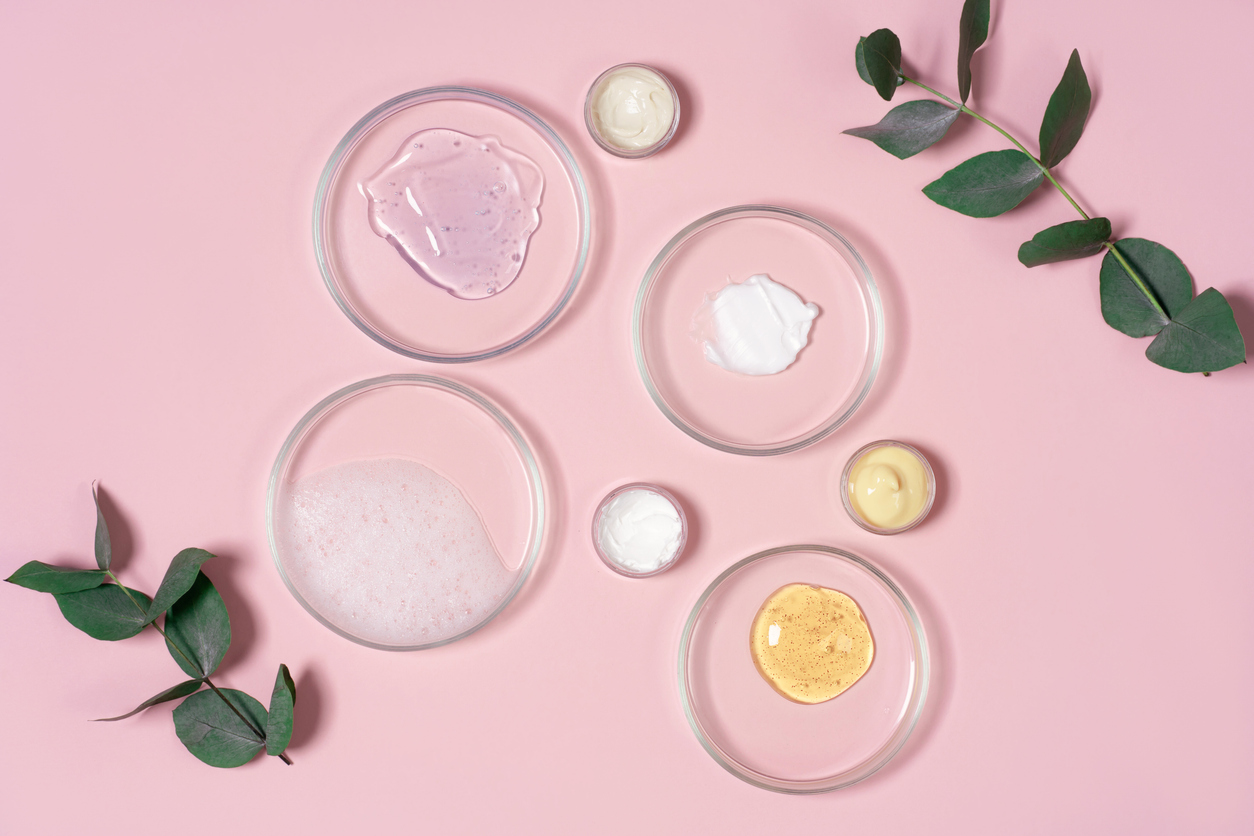
The skincare industry is overflowing with products that promise flawless, youthful skin, often powered by a dizzying array of ingredients. But not all ingredients are created equal—and not all deliver on the hype. Understanding the science behind the most popular skincare ingredients can help you choose products that truly work and avoid wasting money on those that don’t. Here’s an in-depth look at which ingredients live up to their claims and which ones fall short.
Ingredients That Work: Backed by Science
1. Retinoids (Retinol, Retin-A, Tretinoin)
What it is:
Retinoids are derivatives of vitamin A, considered the gold standard for anti-aging and acne treatment.
Proven benefits:
- Stimulates collagen production, reducing fine lines and wrinkles.
- Increases cell turnover, leading to smoother, more even-toned skin.
- Helps treat acne by preventing clogged pores.
Scientific backing:
Numerous studies over decades show that retinoids improve skin texture, minimize pigmentation, and boost firmness.
Pro tip:
Start with a low concentration of retinol and use it at night, always following up with sunscreen during the day, as retinoids increase sun sensitivity.
2. Vitamin C (Ascorbic Acid)
What it is:
A potent antioxidant that protects against environmental damage and boosts collagen production.
Proven benefits:
- Brightens skin and evens out tone.
- Reduces hyperpigmentation and sunspots.
- Enhances collagen synthesis for firmer skin.
Scientific backing:
Studies confirm that topical vitamin C can significantly improve photodamaged skin and reduce pigmentation.
Pro tip:
Choose a stable vitamin C formulation (like magnesium ascorbyl phosphate or L-ascorbic acid) and keep it in dark, airtight packaging to prevent oxidation.
3. Niacinamide (Vitamin B3)
What it is:
A form of vitamin B3 known for its versatility in addressing multiple skin concerns.
Proven benefits:
- Strengthens the skin barrier.
- Reduces redness, blotchiness, and hyperpigmentation.
- Controls sebum production, helping with acne.
Scientific backing:
Clinical studies have shown niacinamide can improve skin elasticity, enhance barrier function, and even out skin tone.
Pro tip:
Niacinamide is generally non-irritating and can be combined with almost any other active ingredient, making it a great addition to most routines.
4. Hyaluronic Acid
What it is:
A naturally occurring molecule that holds up to 1,000 times its weight in water.
Proven benefits:
- Provides deep hydration without clogging pores.
- Plumps the skin, reducing the appearance of fine lines.
- Enhances skin elasticity and smoothness.
Scientific backing:
Research shows that topical hyaluronic acid significantly improves skin hydration and elasticity.
Pro tip:
Apply hyaluronic acid on damp skin and seal it with a moisturizer to prevent moisture loss.
5. Sunscreen (Broad-Spectrum SPF)
What it is:
Products designed to protect the skin from UVA and UVB radiation.
Proven benefits:
- Prevents premature aging (wrinkles, pigmentation).
- Reduces the risk of skin cancer.
- Helps maintain overall skin health.
Scientific backing:
Mountains of evidence show that daily sunscreen use is one of the most effective ways to protect and preserve skin health.
Pro tip:
Use a broad-spectrum SPF 30 or higher every day, rain or shine.
Ingredients That Are Overhyped or Need More Research
1. Collagen in Topical Products
Claim:
Topical collagen will plump the skin and reduce wrinkles.
Reality:
Collagen molecules are too large to penetrate the skin barrier. Most benefits seen in collagen-containing products are due to the moisturizing effects of other ingredients.
Better alternative:
Stimulate your skin’s natural collagen production with retinoids, vitamin C, or peptides.
2. Gold Infused Skincare
Claim:
Gold reduces inflammation and boosts radiance.
Reality:
While gold is glamorous, there’s limited scientific evidence to support its effectiveness in skincare. In some cases, gold can even trigger allergic reactions.
Better alternative:
Look for anti-inflammatory ingredients with proven benefits, like niacinamide or green tea extract.
3. Coconut Oil for the Face
Claim:
Coconut oil deeply hydrates and soothes the skin.
Reality:
While coconut oil is an excellent moisturizer for the body or hair, it is comedogenic (pore-clogging) and can cause breakouts, especially for acne-prone or oily skin types.
Better alternative:
Use non-comedogenic oils like argan oil or jojoba oil for facial hydration.
4. Activated Charcoal Masks
Claim:
Charcoal pulls out toxins and clears pores.
Reality:
Charcoal can absorb excess oil but lacks evidence for “detoxifying” the skin. Overuse can also strip the skin barrier, leading to irritation.
Better alternative:
Clay masks, particularly those with kaolin or bentonite clay, offer similar oil-absorbing benefits with better support from clinical studies.
5. Snake Venom and Bee Venom in Skincare
Claim:
These ingredients “freeze” muscles and stimulate collagen for wrinkle reduction.
Reality:
There’s little scientific evidence to back up these claims, and these exotic ingredients can cause allergic reactions.
Better alternative:
Proven wrinkle-reducers like retinoids and peptides are safer, more effective choices.
How to Evaluate Skincare Ingredients Yourself
1. Look for Clinical Studies:
Choose ingredients that are backed by peer-reviewed research, not just marketing claims.
2. Understand Concentrations:
Active ingredients must be included at effective concentrations. For example, vitamin C serums should contain between 10–20% L-ascorbic acid for visible results.
3. Watch for Irritation Potential:
Some highly effective ingredients can be irritating (like retinoids or acids). Introduce them slowly and pair with soothing ingredients like ceramides or aloe vera.
4. Avoid Unnecessary Additives:
Fragrances, dyes, and excessive fillers can increase the risk of irritation without adding skincare benefits.
Pro tip:
Simplify your skincare routine. Focus on a few products with proven ingredients rather than overwhelming your skin with multiple actives.
Navigating the world of skincare ingredients can feel overwhelming, but understanding the science helps you make informed decisions. Proven ingredients like retinoids, vitamin C, niacinamide, and hyaluronic acid deliver real results, while some trendy ingredients might be better left on the shelf. By focusing on evidence-backed actives and evaluating products carefully, you can build an effective skincare routine that meets your needs without falling for the hype. Investing in what works ultimately saves you money, time, and frustration—and your skin will thank you for it.







